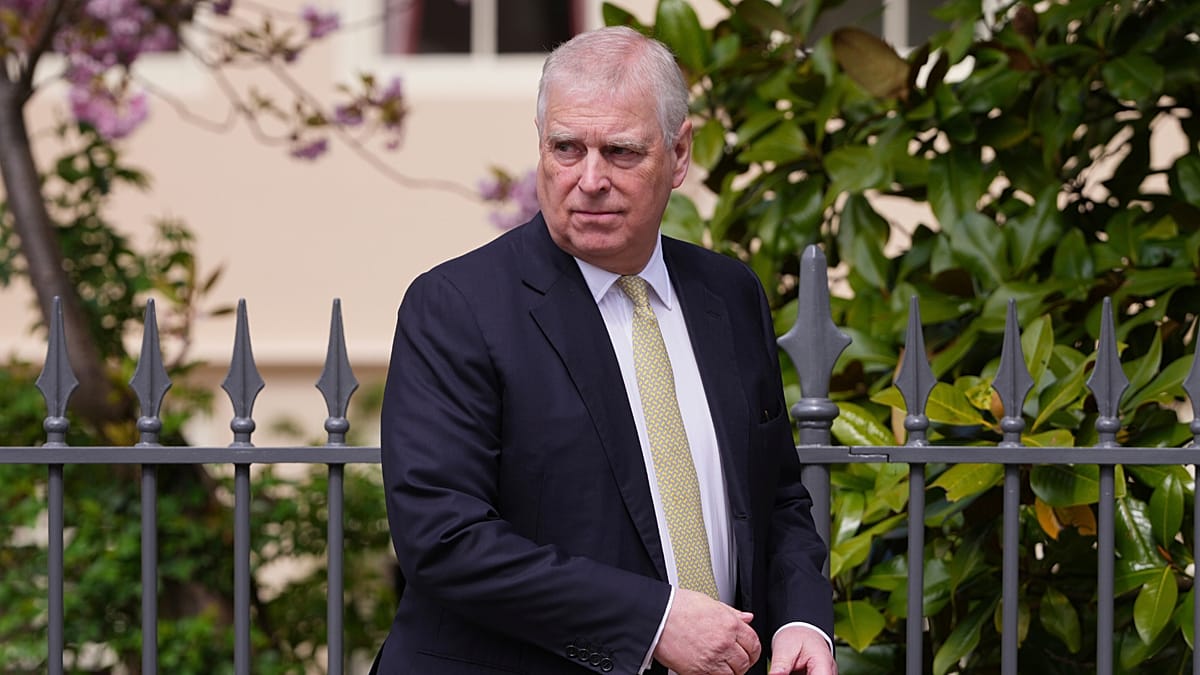Arab states push back on Blair’s proposed Gaza role, citing sovereignty and legacy concerns


In the wake of the war-torn devastation in the Gaza Strip, the idea of putting former British prime minister Tony Blair in charge of a transitional authority has stirred intense resistance among Arab states, exposing deep divisions over post-war governance and the future of Palestinian self-rule.
Why Blair?
Backed by Washington, Blair has been floated as the head of a proposed transitional body – the Gaza International Transitional Authority (GITA) – intended to oversee Gaza’s reconstruction and governance until the Palestinian Authority (PA) is “reformed and ready” to take charge.
Blair’s decades of involvement in Middle East diplomacy and his past role as envoy for the Quartet made him a likely candidate in the eyes of the United States and some regional actors. From Washington’s perspective, an internationally recognised figure like Blair could lend credibility to what is envisaged as a multinational stabilisation and rebuilding effort.
The proposed structure would place Blair at the helm of a board with sweeping powers over security, funding and governance until a local authority is deemed capable of assuming control.
The Arab Push-Back
Despite US-led momentum, multiple Arab and Muslim-majority states have voiced unease or outright opposition to Blair’s appointment and the overarching architecture it implies. Countries including Saudi Arabia, Egypt, the UAE, Jordan, Qatar and Turkey are consulting through an Arab-Islamic mechanism and raising significant objections.
The criticisms are wide-ranging. Blair’s association with the 2003 Iraq invasion remains a potent source of mistrust across the Arab world. Many argue that his leadership would symbolise foreign interference rather than partnership.
The proposed GITA model is also seen as externally driven, with minimal Palestinian ownership or veto over key decisions. Arab states fear this could undermine the PA’s legitimacy and further entrench the separation of Gaza from the West Bank and East Jerusalem — a worrying precedent for Palestinian sovereignty.
Several diplomats have warned that the timing and structure risk appearing neo-colonial. “If you establish this formula… people will target Blair and say ‘he’s British, he’s acting as a colonial power’,” one Arab official observed.
Others see the plan as placing Israeli and US interests ahead of Palestinian aspirations. The perception that Blair is more aligned with Washington and Israel than with Palestinian grassroots movements feeds the sense of rejection.
Egypt has been particularly vocal, insisting that any post-war arrangement must preserve full Palestinian sovereignty over Gaza, with unity between Gaza and the West Bank. The GITA proposal, which implicitly treats Gaza as a separate entity and places external oversight at the start, is seen as running counter to that vision.
Implications for Reconstruction and Governance
What plays out next matters for more than just personnel. The United States expects Arab states to contribute not only funds but also troops to an international stabilisation force in Gaza — meaning regional buy-in is crucial for the plan’s credibility and implementation. Without that commitment, the transitional mechanism risks being viewed as a Washington–Tel Aviv project lacking Arab legitimacy.
If Arab states remain cool or hostile to Blair’s leadership, the entire transitional regime may face paralysis. Reconstruction, security reform, institution-building and governance all depend on local support and regional partnership; without them, Gaza could slide into a governance vacuum rather than stability.
Moreover, sidelining the Palestinian Authority or relegating its role beneath an international body raises long-term questions about Palestinian self-rule and how Gaza’s future — and that of statehood aspirations — will be defined.
A Moment of Decision
For Blair, whose reputation in the Middle East is deeply contested, this assignment represents both an opportunity and a risk. Supporters argue that his global network and experience of peace-building, such as in Northern Ireland, could help deliver the heavy lifting Gaza’s recovery requires. Critics counter that his record in Iraq and perceived partiality towards Western and Israeli positions compromise his neutrality and undermine Palestinian trust.
The coming weeks will test whether consensus can be built among key regional players. Arab states have signalled they will not rubber-stamp a plan from Washington without amendments — particularly regarding Palestinian inclusion, a clear timeline for transition, and assurances that sovereignty will be preserved.
If these conditions are met, the transitional authority might be recalibrated to accommodate greater Arab-Palestinian ownership — or Blair’s role may be reduced or altered. Conversely, failure to reach an understanding could create an early legitimacy crisis, hampering reconstruction and fuelling further disillusionment.
Final Word
The war may be ending, but the governance battle is just beginning. If the Gaza transition is to succeed, it must be rooted not only in financial aid and infrastructure but also in genuine ownership and legitimacy. Arab states’ resistance to Tony Blair’s proposed central role underscores that reality: no rebuilding effort will stand unless those who live and govern there are empowered participants, not spectators.
How this negotiation unfolds may determine whether Gaza’s post-war phase becomes a managed laboratory — or the launching pad for a genuine resumption of Palestinian self-determination.
The post Arab states push back on Blair’s proposed Gaza role, citing sovereignty and legacy concerns appeared first on European Business & Finance Magazine.













































